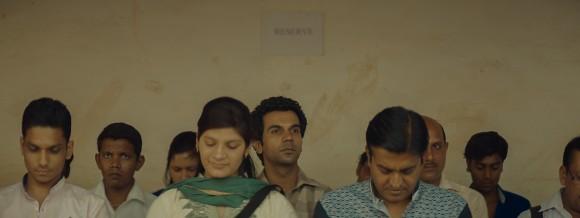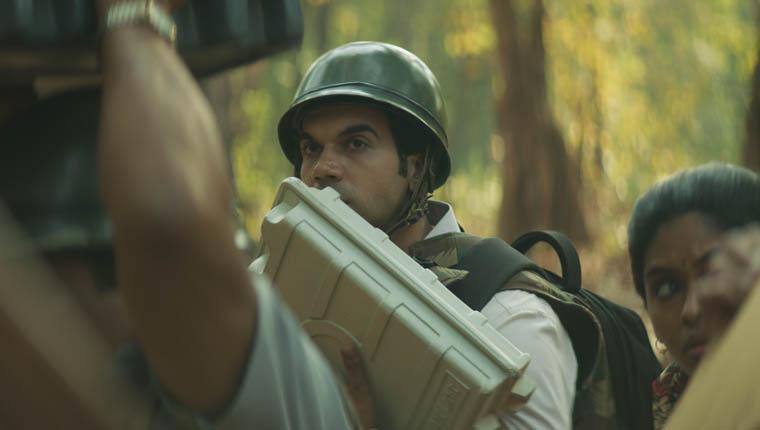NEW YORK—Brexit, Trump and Clinton, the French elections—democracy is on the tip of everyone’s tongue. In today’s world, we vote for everything. Yet the gap between democracy on paper and democracy in practice is a confounding concept plaguing people around the globe. “There are elections in North Korea, too. The only difference there is that someone might win by 99 percent,” said film director Amit Masurkar.
“People say India is the largest democracy in the world,” Masurkar said. “I wanted to do something with that.”
The 2014 Indian elections were enormous in scale: 814 million voters, 9 million booths, $5 billion in costs.
In Masurkar’s second film, “Newton,” he tells a hilarious and absurd story of an idealist in a less than ideal world. It recently played in New York’s Tribeca Film Festival and won the CICAE Art Cinema Award at the Berlin Film Festival and the Jury Award at the Hong Kong International Film Festival.
The film’s protagonist, Newton (Rajkummar Rao), embodies the kind of indomitable human spirit that rises out of dire circumstances of the strangest kind. He’s smart, educated, and privileged to have many choices in life. He’s also incredibly obstinate and values the idea of duty, leading him to volunteer to be a poll worker in the upcoming elections in a country where, as one bureaucrat put it, “not a piece of paper moves without a bribe.”
There is an assignment for a polling booth in the middle of the jungle, an area of potential conflict between the communist guerrillas and the Indian government. To get there, you have to fly in by helicopter, then hike several miles—all this trouble just for the votes of 70 or so citizens, a small drop in the bucket of 800 million-plus.
No one wants the post. When Newton volunteers, an administrator warns him of the dangers and asks how he feels. Newton is indifferent. He says he’s there to do his duty.






